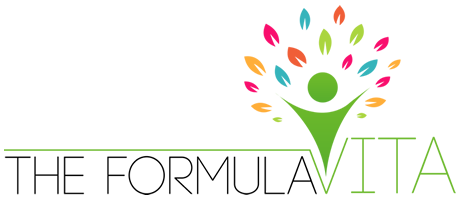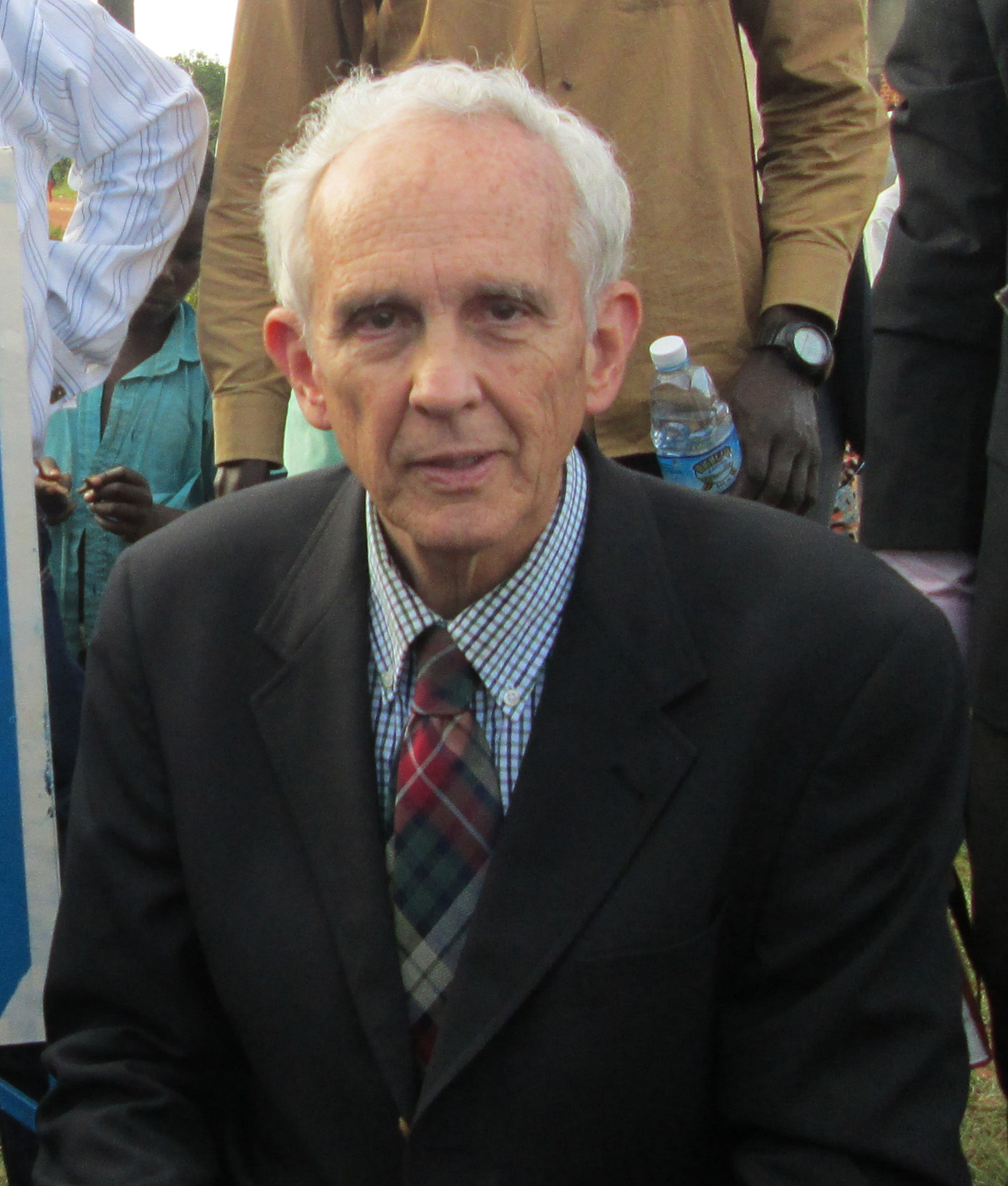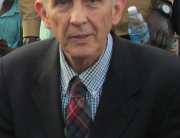by Dr. Gregory Bartha
April 25, 2018
My main objective, my main vision, on coming to Uganda was medical service. While the medical aspect occupies most of my time, more and more of my energy and resources have been directed to education. In Uganda, theoretically, education is free for students through high school (secondary). However, funding is inadequate, teachers are poorly paid, and schools are in bad condition. Frequently, teachers do not show up for their classes. They must seek outside employment to sustain their families. Students also must pay for supplies and uniforms. Many private primary and secondary schools have sprung up. Their fees range from $30 to $140 per term. I help support three primary schools, one secondary school and two vocational schools.
Recently, my focus has been on scholarships for college and university students. Tuition ranges from $300 to $800 per semester. Some vocational schools charge as low as $80 to $100 per term. Fields of study include nursing, midwifery, business, engineering, education, procurement and management, and agriculture. I support about four to five medical students. There are six to seven medical schools in Uganda and many nursing schools. The number of students applying for scholarships has increased greatly. Recently, I have supported about 120 students per term. This has become quite a burden, and I have turned over management of this program to the team of educators and administrators.
They have developed a screening process for applicants. Each student must submit documents detailing his or her prior school performance and a letter of admission to an institution. They are interviewed with regard to their resources, goals and motivation. We try to help those who are from poor families and showed good school performance. Recently, the team interviewed about 50 applicants and selected about 30 for support. The total number has now reached 150. This high number is really not sustainable. The program is now closed for at least one year, and we hope to get the number down around 60 to 70 per term — that will be quite a challenge. My heart goes out to these young people who are eager to advance their education and develop their talents.
We no longer plan to support primary or secondary students going to private school. These students should attend the low-cost primary and secondary schools that I support. Also, there has been some abuse of the program. Some of the students have falsified documents and some have failed to produce any documents. We have found some cases in which students use the money to start small businesses or just wanted money. We hope the new selection process will screen out those individuals. Additionally, we require that students in the program present their transcripts.
In the past, children in the villages did not want to go to school. I think it is a very positive development that young people now value education. When these students graduate, they will be a source of leadership and economic skills for the country. Sadly, many college graduates have difficulty finding suitable employment in Uganda. I hope this situation will improve in the future.






Recent Comments